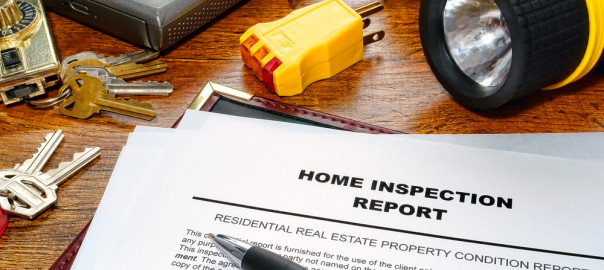Appraisal Issues Still Haunt Transactions
By JD Esajian on December 9, 2013
Over the past few years, we have seen the impact of short sales, foreclosures, loan modifications and interest rate changes on the real estate market. These have certainly impacted the market, but nothing has influenced deals over the past year more than property appraisals. Eighty to ninety percent of all real estate agents acknowledged that the appraisal process prevented transactions from closing more than anything else. Some of this could be attributed to changes in the process as a whole, but most of this has to do with the a lack of communication between appraiser and realtor or seller.
The appraisal and appraisal ordering process have each undergone dramatic changes since the height of the market last decade. There are many that blame appraisers for contributing to the mortgage meltdown, as their estimates supported the high prices that were synonymous with the crash. It was not uncommon for a property to appreciate 10-20 percent in a matter of just a few months. The typical practice saw appraisers find comparable sales that matched the purchase price instead of doing a subjective review of the individual property. It was only a matter of time before values stopped going up and people were looking for a scapegoat when values fell.
In light of this issue, lenders changed their policies regarding the amount of communication allowed between the realtor or mortgage broker and appraiser. The appraisal order is now placed independently by the lender and the mortgage broker has little say. However, as a result, the appraiser may not have a grasp on the local area and may not be familiar with local neighborhoods and trends. Ultimately, the lack of communication between people involved in the deal is a big problem. Miscommunication between all parties involved leads to inaccurate numbers.
The common misconception is that there cannot be any communication with the appraiser at all. They have to set the order up with one of the realtors and this may be your last and best chance to show your side of the property. If you are selling, you should have your realtor prepare some documentation explaining your value and support it with sales and documentation. If there are local sales with a lower value, point out why that may be the case. It could be from a short sale, an as-is sale or there was work needed on the property. If the sales were higher, have your realtor point out the amenities associated with those properties that your subject property does not have. Your best chance to communicate and to argue your position is before the appraisal is done. Once they finish the inspection, anything you provide will be perceived as grasping for straws and most likely quickly dismissed.
Appraisers are judged on a much stricter scale in the wake of the mortgage crisis. If they send in appraisal reports that are way off the mark, they will find that they will not be used again by a particular lender or company. If you are looking for a value that is unrealistic, you may get a buyer to agree on it, but the appraisal will be a different story. This doesn’t mean the deal can’t be done, but if the appraisal is higher, the buyer will have to bring the difference to the closing. In most situations, you will be forced to lower your price or re-list and wait for a new buyer to come along. Every time that happens, you can hear realtors and sellers scream all across the country.